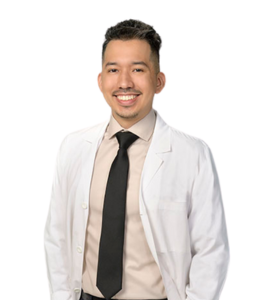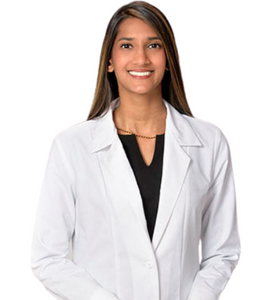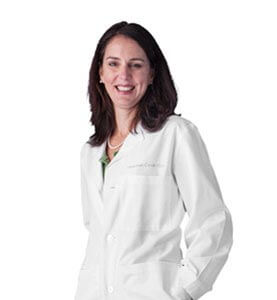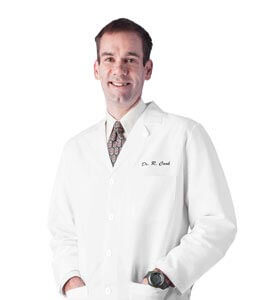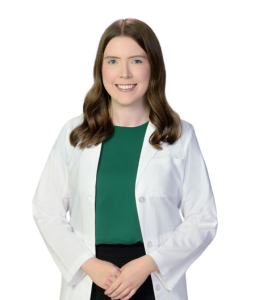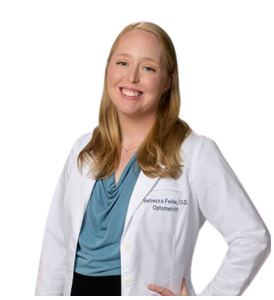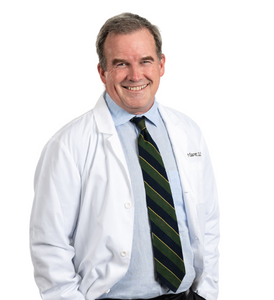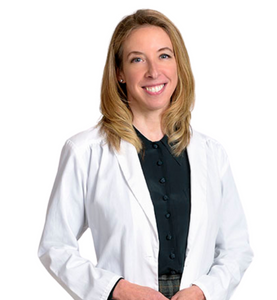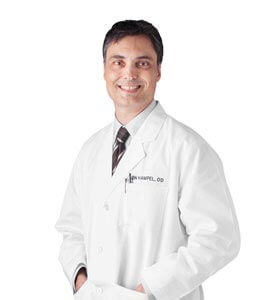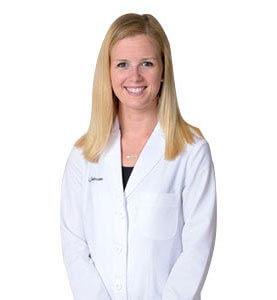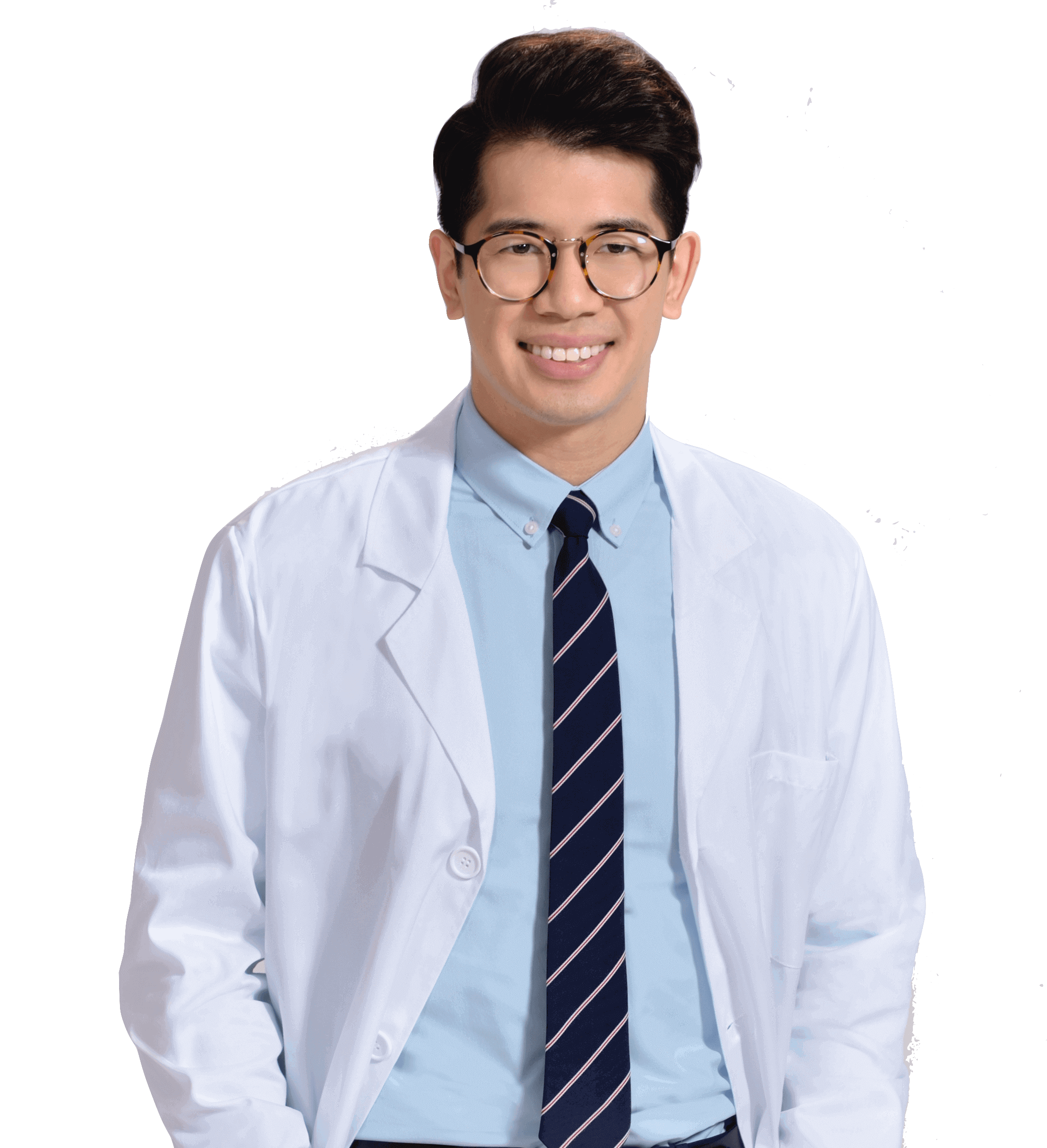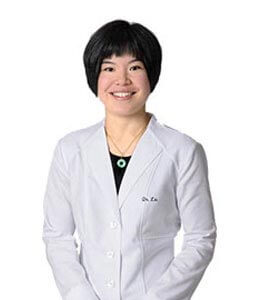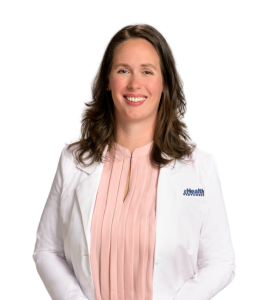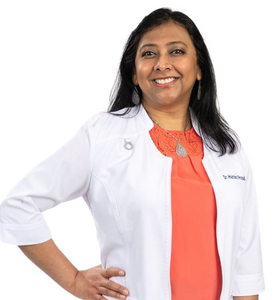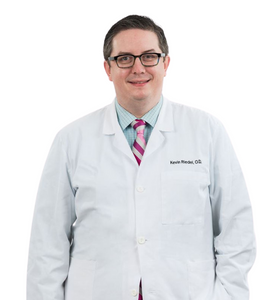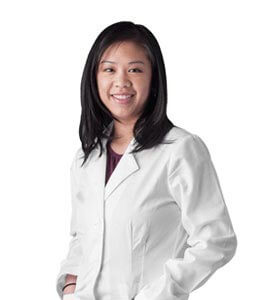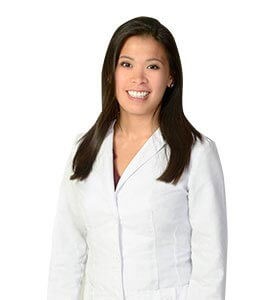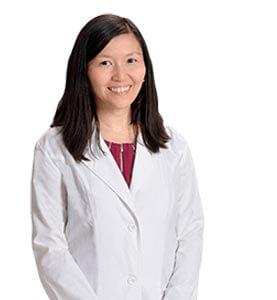The best way to ensure a lifetime of good vision is through regular, comprehensive eye exams. An examination by an EyeHealth Northwest ophthalmologist or optometrist is much more than a test to determine if you need glasses or contact lenses. A comprehensive eye exam also includes:
- A test to measure your eye pressure
- A retinal exam to view the back of your eye
- A microscopic examination of the front of your eye
In addition to ensuring proper eyesight, regular eye exams allow your eye doctor to detect and treat diseases at the earliest possible opportunity. Several eye diseases, such as glaucoma, show no symptoms in their early stages. A regular comprehensive eye examination can help detect diseases early, improving the likelihood of successful treatment.
How often should I have an eye exam?
Maintaining regular checkups is important. Although you will need to consult with your own eye care practitioner, here are some general guidelines recommended by the American Academy of Ophthalmology.
- Age 40 and Under / Once Every 3 Years
- Age 40-65 / Once Every 2 Years
- Age 65 and Over / Annually
In addition, if you are a diabetic, it is critical that you have a comprehensive eye examination every year. An eye condition known as diabetic retinopathy is one of the most common complications associated with diabetes and is the leading cause of blindness among working-age Americans. Some patients with certain ocular or systemic conditions may require more frequent examinations.

